NEWS ANALYSIS: WHAT ARE YOUR RIGHTS?
Citizens debate legality, ethics of First Amendment freedoms during quarantine
(Air National Guard Photo by Technical Sergeant Jamie Spaulding)
Private First Class Jose Rivera assists with traffic control at the University at Albany COVID-19 Drive-thru Test Site in support of the New York National Guard’s domestic operation in response to the coronavirus outbreak.
WARNING: FOR THE SAFETY OF U.S. CITIZENS AND TO LIMIT THE SPREAD OF THE NOVEL CORONAVIRUS, THIS ESTABLISHMENT MUST BE CLOSED IMMEDIATELY. FAILURE TO DO SO WILL RESULT IN LEGAL ACTION.
In early March, Louisiana Gov. John Bel Edwards banned gatherings of more than 50 people due to the coronavirus.
On March 22, he issued a mandate to residents to stay at home.
According to Microsoft Network News , the Rev. Tony Spell of Life Tabernacle Mega Church in Baton Rouge, LA, continued hosting services despite the governor’s order. Law enforcement officers warned Spell several times that legal action would be taken against him if he did not cease holding church gatherings. Spell did not heed these warnings.
On March 29, Spell hosted a Sunday morning sermon for over 1,500 people. He was arrested during the service. Spell claimed the arrest was a violation of his First Amendment rights. According to CNN, Spell declared,“The right to worship doesn’t come from the government, it comes from God…Satan and a virus will not stop us… God will shield us from all harm and sickness. We are not afraid.” His attorney said the churchgoers practiced social distancing during the service; however, Governor Edwards refused to see his side. Edwards said it was “grossly irresponsible” of Spell to host a service.
Later that week, an elderly woman that attended the Life Tabernacle Church, Sunday, March 29, tested positive for the virus.
Spell is not the only pastor to be arrested for holding church services during the Coronavirus pandemic. Pastors from Florida to California have been arrested due to their disregard of government and police regulations related to the pandemic.
Legal restrictions or not?
Pastors are not the only citizens finding themselves facing prosecution for violating public safety orders. According to CNN, in Kentucky, several people were placed under house arrest with ankle monitors after they refused to stay home after coming in contact with coronavirus patients.
With these people facing criminal charges for behavior that is within their constitutional rights, many Americans are beginning to question the legality of social distancing and stay-at-home orders. Recently, protests have occurred in many states, including Wyoming, where people are demanding to go back to work and return to their “American way of life”.
This situation brings up the question: “Does the government have the right to suspend citizens’ First Amendment rights for public safety reasons, such as COVID-19? The First Amendment guarantees both the free exercise of religion and the right to peaceable assembly. In recent months, those rights have been suspended due to the fear that gathering together with others may lead to the spread of the Coronavirus.
Closer to home, the Prowl asked Powell High School students to weigh in on the issue. On April 16, some 281 students responded to a poll on the PHS Prowl’s Instagram story that asked, “Is it OK for the government to violate our First Amendment rights if it is for public safety?” The vote was very close. It ended with 46% of students saying yes it is OK, and 54% said it is not OK.
Powell High School senior Kelly Pappenfort voted no on the poll.
“I strongly believe that it isn’t OK to violate our First Amendment rights for the public safety,” Pappenfort said. “The First Amendment was written in order for us to speak out and do the things we want within the law. We could practice our religions within our churches and gather in groups to hang out with each other. With this restriction, they are limiting our rights to do such things.”
Similar to Pappenfort’ s views, another PHS voter provided more reasons against social interaction limitations.
“I said no [to the poll question] because even though I understand the risks associated with this pandemic, I’ve seen people close to me already have to stay home from work and potentially go on unemployment because you aren’t allowed to gather,” sophomore Brooklynn Bennett said. “To me, that is even more risky than the possibility of catching a disease that has a high recovery rate. I think the only people who should be staying home should be the folks who are high risk, and I think everyone else, not just essential workers, should be allowed to go back to work unless they are fearing for their lives.”
Bennett is concerned for the financial well-being of her family and friends. Other students see their constitutional rights as being abolished.
“I think that the government has no right to take away [our First Amendment rights ] because it is our God given right to have that,” senior McKenzie Clarkson said. “Those freedoms were given by the founding fathers for a reason. The constitution was written with it in mind that the world was going to change.
“The founding fathers didn’t think that the constitution would last as long as it has; however, throughout whatever our country has gone through before, our basic rights have not been revoked, nor should they. I understand that our country is in a very bizarre place right now, but at the end of the day, the United States is a free country and if our First Amendment rights are revoked, that will take away our ability to live in the most free country in the world.”
Even though Clarkson views the temporary cancellation of the First Amendment as unconstitutional, other PHS students have contrasting opinions. These students voted yes on the poll, meaning they support the government’s decision to suspend First Amendment rights.
Support for government action
“I think that the First Amendment is very important,” sophomore Ethan Bartholomew said. “The thing is, this pandemic is a reaction we have never seen before. The First Amendment largely stands for the freedom to assemble, speech and [religion].
“I do not think the government is wrongly imposing on their First Amendment because this is a national emergency and social distancing is the key to stopping the pandemic. This is being used as a public health precaution, not in a way for politicians to silence the public.”
Others share similar views, saying public safety is important to consider.
“I think people should waive their First Amendment rights to keep people safe,” junior Ashley Dunkerley said. “The government should advise against [social interaction] but not enforce it. There will be a lot of repercussions if they do violate the First Amendment right, but this is a weird situation [that no one has been] exposed to before. We have no protocol as to what the right move is.”
Another student stressed the importance of health during this extraordinary time.
“I said yes [to the poll question] for the fact that this is something very serious,” sophomore Garrett Morris said. “It may not affect us young people as much as it affects the elders, but it still has killed young people. Our safety and health should be the number one priority, so the government should protect us by telling us to stay home. If people would just stay home for a couple of weeks, we could get back to normal life.
“The virus probably would not be gone 100% but it would help. I understand the United States is a country [where] every citizen has rights and they can’t be taken away from us, but if we want to get back to a somewhat normal life, we may have to sacrifice our rights for a couple of weeks.”
Social distancing and stay-at-home orders impact more than just American’s First Amendment rights. They affect people in another significant way: their wallets.
“In my opinion, you have to go ahead,” Las Vegas, Mayor Carolyn Goodman said. “Every day you get up, it’s a gamble. Let the businesses open, and competition will destroy that business if, in fact, they become evident that they have the disease.”
Mayor Goodman’s view is shared by many people across the country. On April 20, close to 100 people protested in Cheyenne, Wyoming’s capital city. Those who gathered asked the governor to open businesses and let people get back to normal life.
According to the Casper Star-Tribune, protester Lisa Glainer said, “I’m not suggesting anybody is stupid but a second Great Depression is going to kill more people than this virus will.”
Local doctor weighs in
Many people believe that the potential risk of reopening businesses outweighs the financial benefit.
Dr. Dean Bartholomew works at 307 Health in Powell. He now sees patients each day about the concerns of COVID-19 and is continuing to research as much as he can to help his patients. He responded to Prowl questions via email.
“First, I would say that this has been a very difficult time for leaders in government, public health, and healthcare when it comes to decisions to enact orders that impose on the public’s activities.
“The basis of these decisions, though, are based on the government’s duty to protect its citizens and yes, at times this calls for imposing limitations on individual’s activities.
“So, the Constitution and Bill of Rights do allow for certain rights but all of these right are predicated on the understanding that the execution of these rights does not infringe upon or harm other citizens. During a pandemic such as COVID-19, there are groups of people who are vulnerable to contracting the disease and dying from the disease through no fault of their own. Thus, to protect them and their right to remain healthy and alive, we must impose on the activities of others who may not be as affected by the disease.
“I would offer other examples to illustrate this point in our daily activities of how the government imposes on our activities:
- Speed Limits: I would love to drive 100mph on the highway but the government will not allow me to do so. Why…because I am posing a threat to myself and to the public above and beyond the accepted and normal threat when driving at 70mph.
- Shooting of Guns: I have a second amendment right to own a firearm. The government will not allow me to shoot that firearm within city limits though. Why…because that poses a significant risk to the public and so they are able to impose on that right.
“The list is actually very long of the activities we as Americans are prohibited from doing by the government that as individuals, we would appear to have the right to do…but in the idea of public safety we are not allowed to do.
“As for now, with the current rapid spread of the COVID-19 virus, the death rate, and the limitations in the healthcare’s infrastructure to care for the sick…it is in the best interest of the public for the government to impose the self-isolation orders.
Dr. Bartholomew is interested in keeping the public safe and healthy. For those reasons, he agrees with the social distance orders being enforced. To find out more about COVID-19 affecting the U.S. rights, this reporter went to a different expert. Since the violation of the First Amendment issue surfaced through the arrest of a pastor, she spoke to a pastor via email on his thoughts. David Pool is the pastor of Grace Point Church in Powell.
“Our Constitution establishes a limited government that is 1) to establish justice, 2) provide for the defense of the nation, and 3) promote the general welfare of its citizens. (Preamble of the U.S. Constitution). Do the COVID-19 restrictions fall in line with that? I think they clearly do. There have been some cases of overreach by the government, such as fining people for worshiping in their cars in church parking lots. This happened in California and is clearly wrong because there was no violation of the regulations. But most of the regulations and enforcement to this point have been reasonable and are temporary. They should only be in effect until the danger passes.”
“So, I do not think this constitutes a violation of First Amendment rights because the government has a legitimate interest in the welfare of its citizens to take these actions. They are temporary measures, not permanent. Furthermore, these measures apply to all gatherings, not just Christians. There are no sporting events either, or restaurants open, etc.”
“I also think these pastors are failing to love their neighbor, one of the highest priorities for followers of Jesus Christ. By insisting on gathering people for worship, they are risking spreading the virus and harming other people. The State has a compelling reason to take these measures, and they are temporary. Should the government enforce these regulations against churches permanently or discriminately, then that would be another matter.”
So, can the government violate U.S. citizens’ First Amendment rights for matters of public safety like COVID-19? It is a matter of perspective. It seems they have already suspended some rights, but only for the safety of humanity. For the time being, when people are told to stay inside, it is for the protection of mankind, and it is an order that people will choose whether to follow. Only time will tell what will happen next.

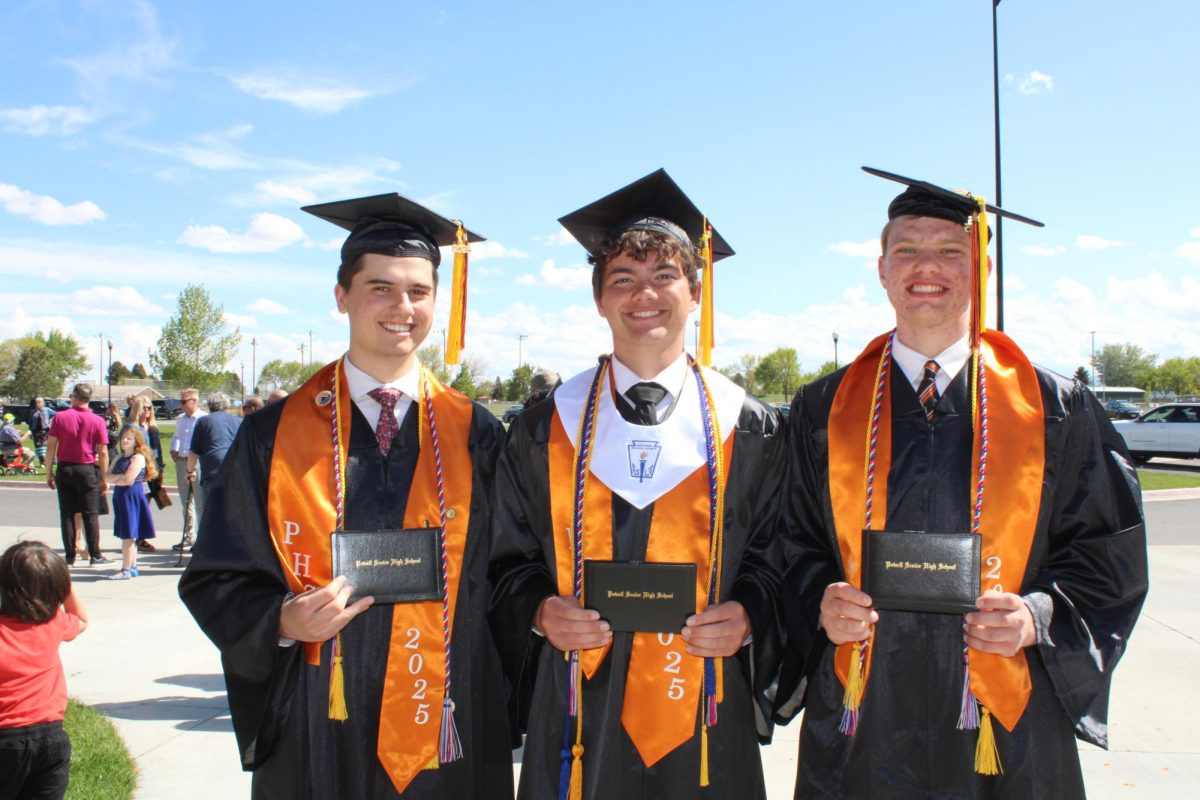
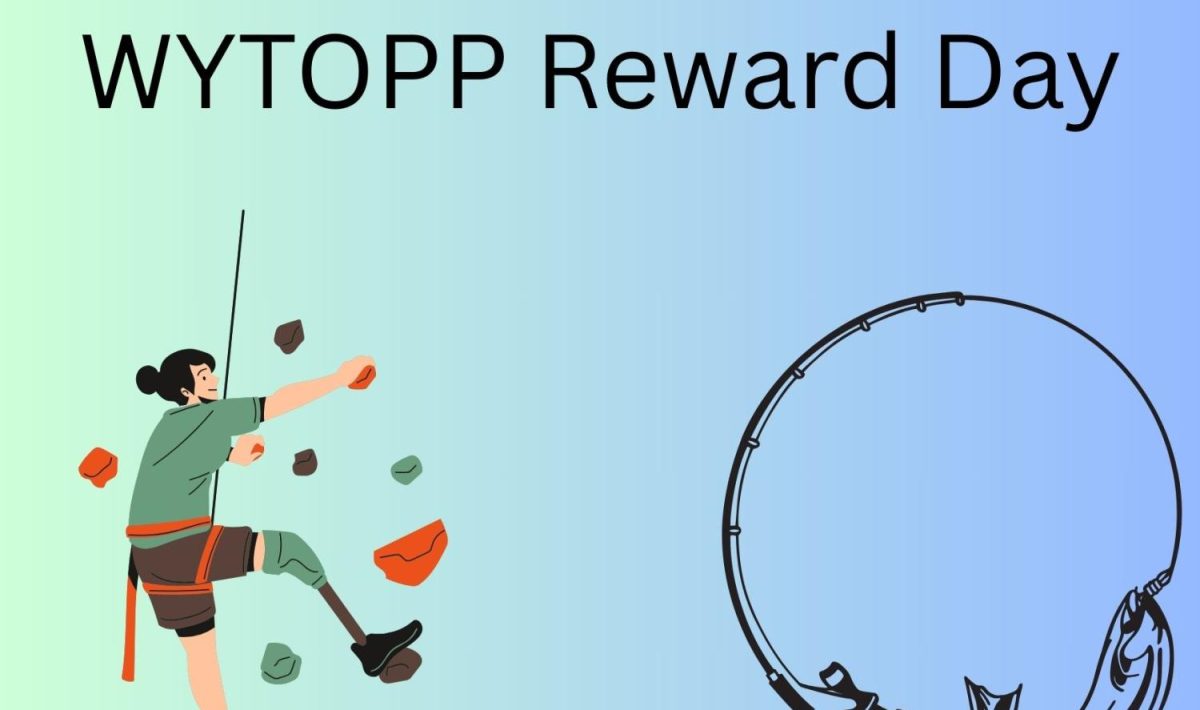
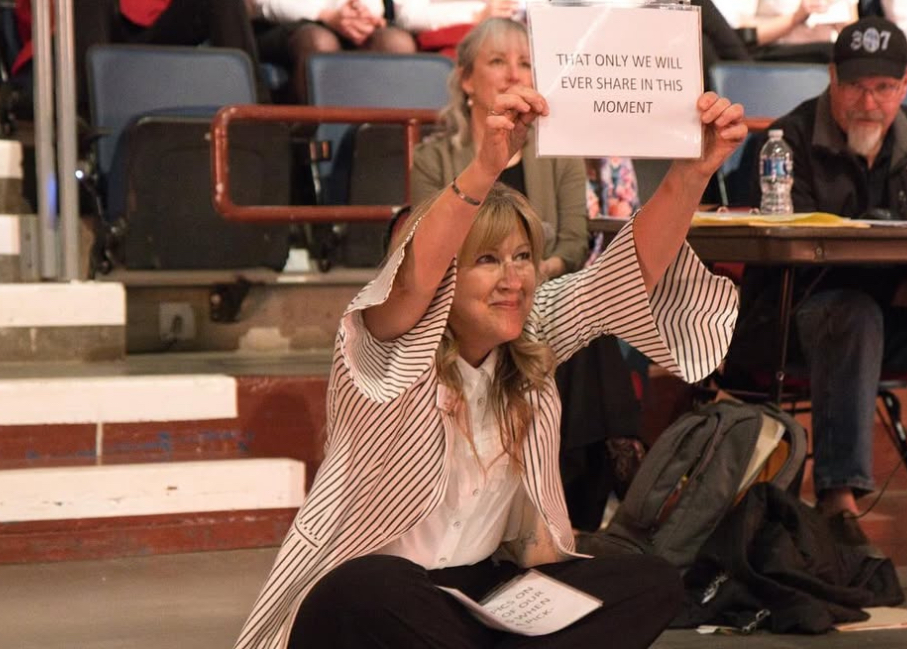
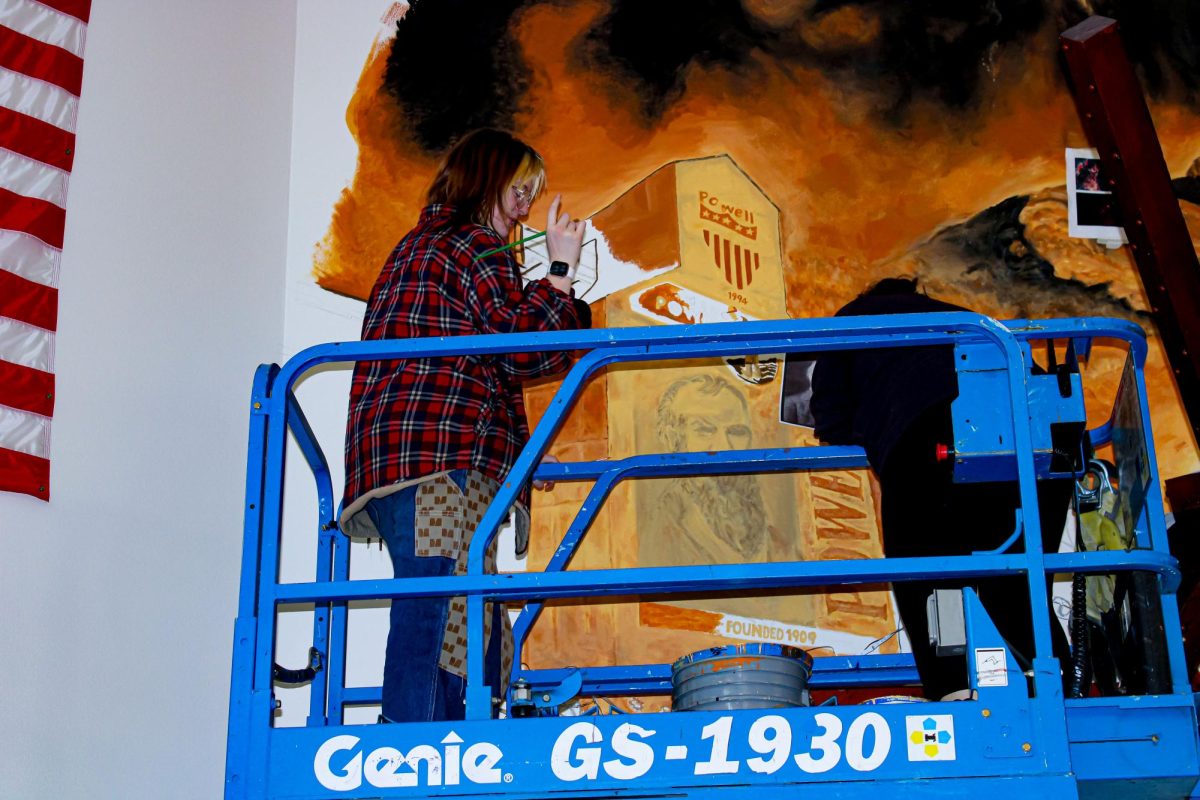
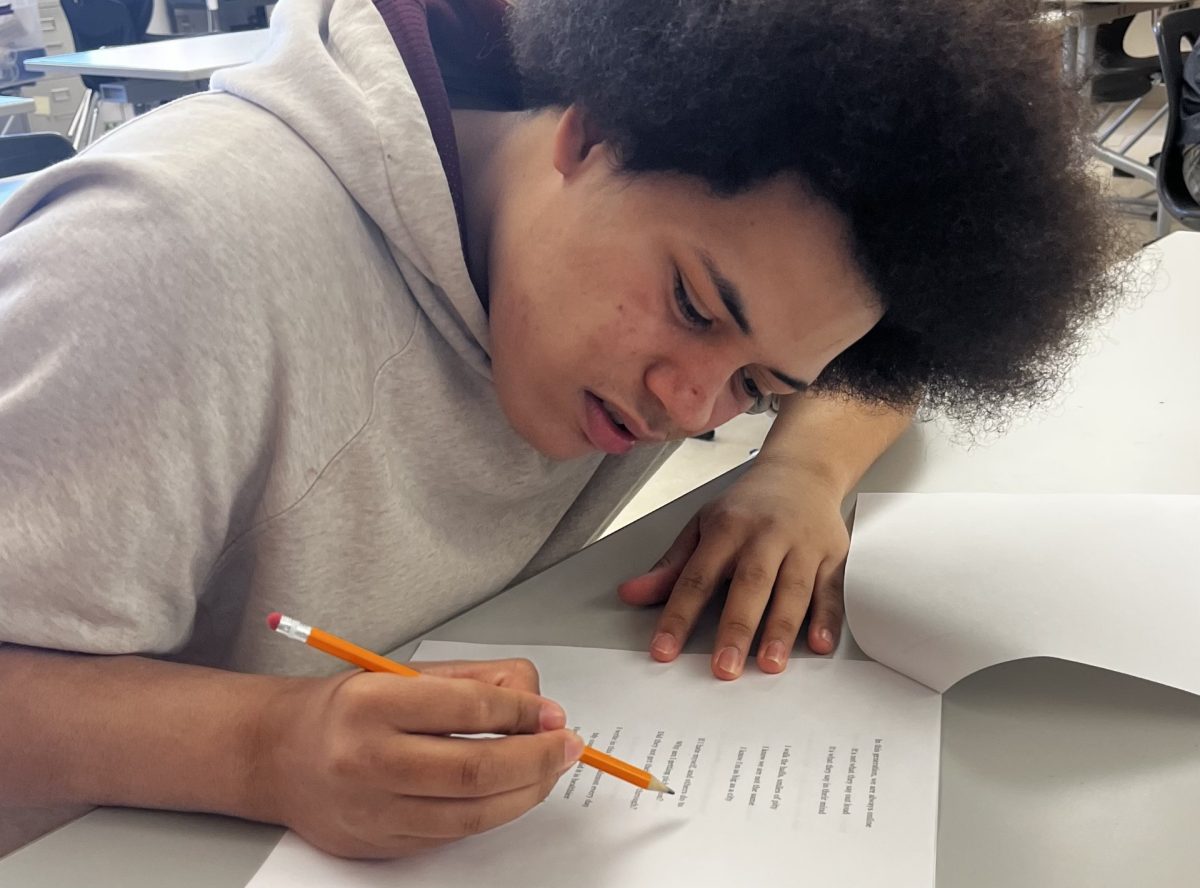
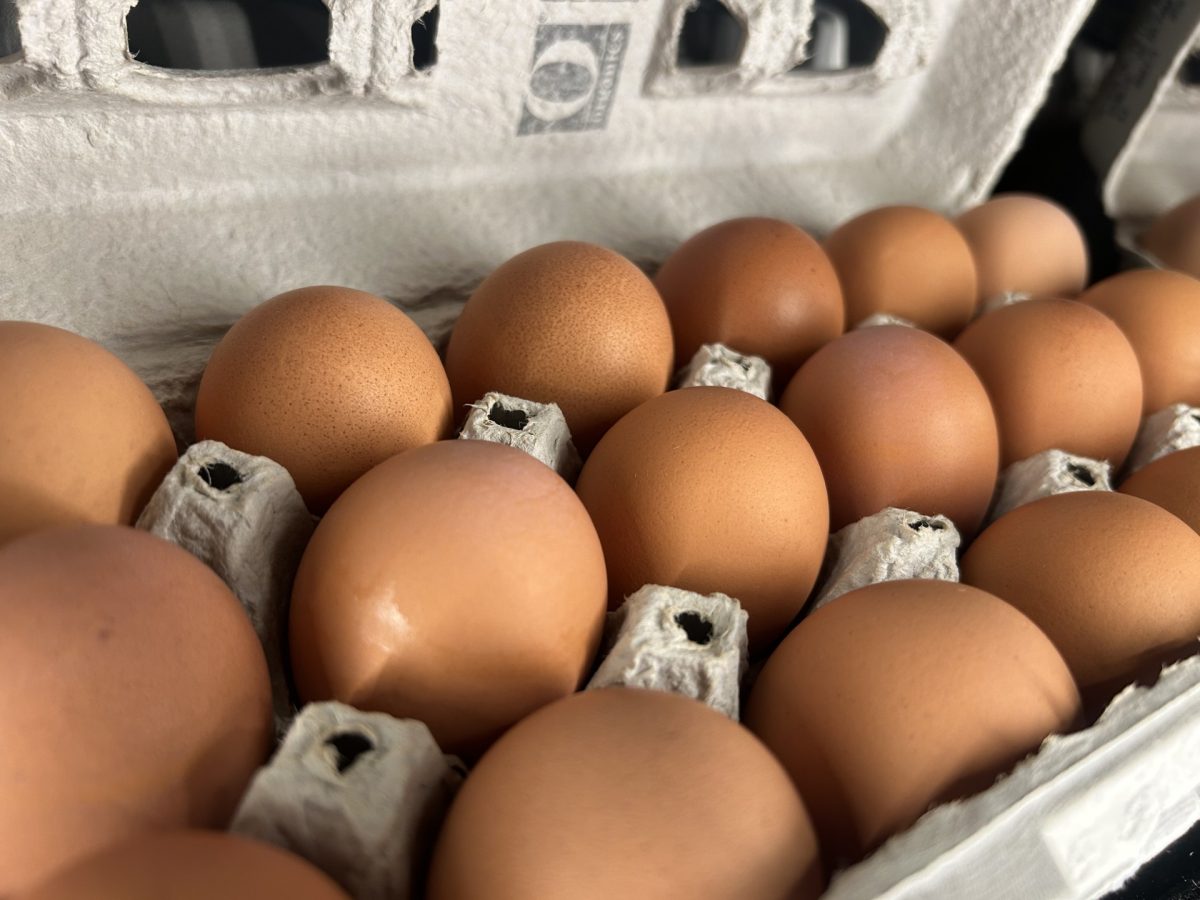
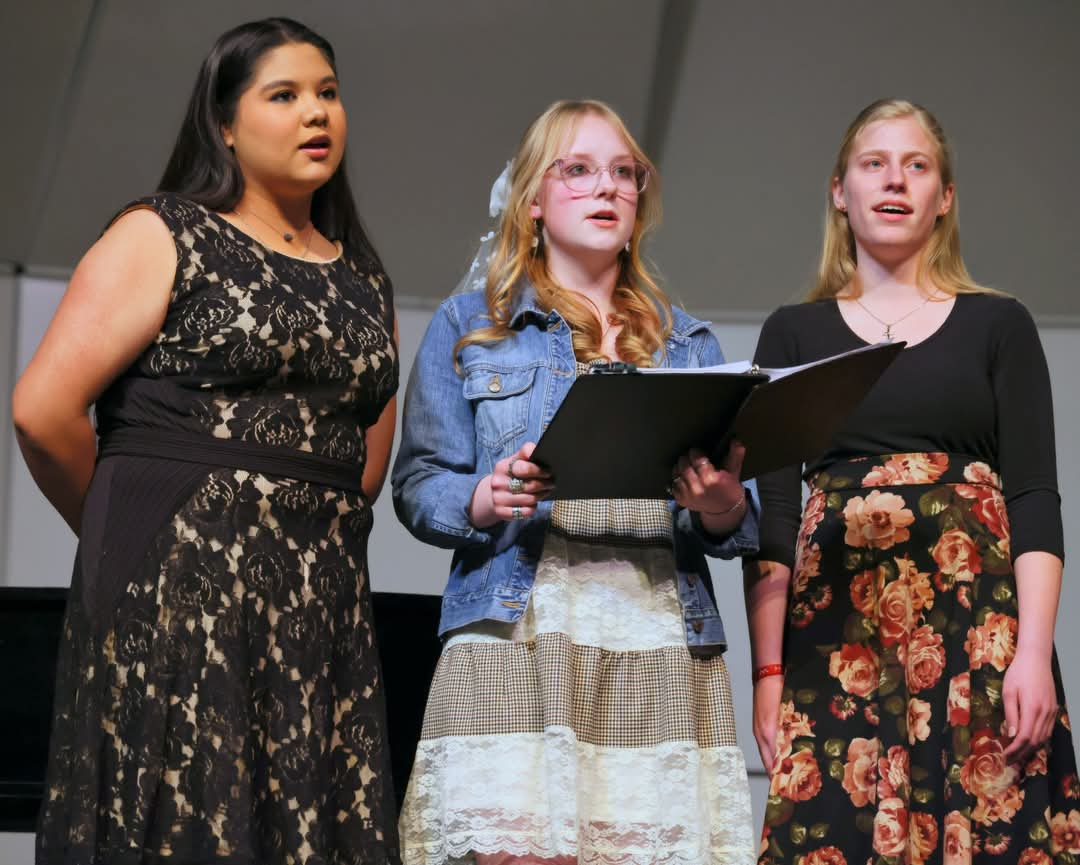
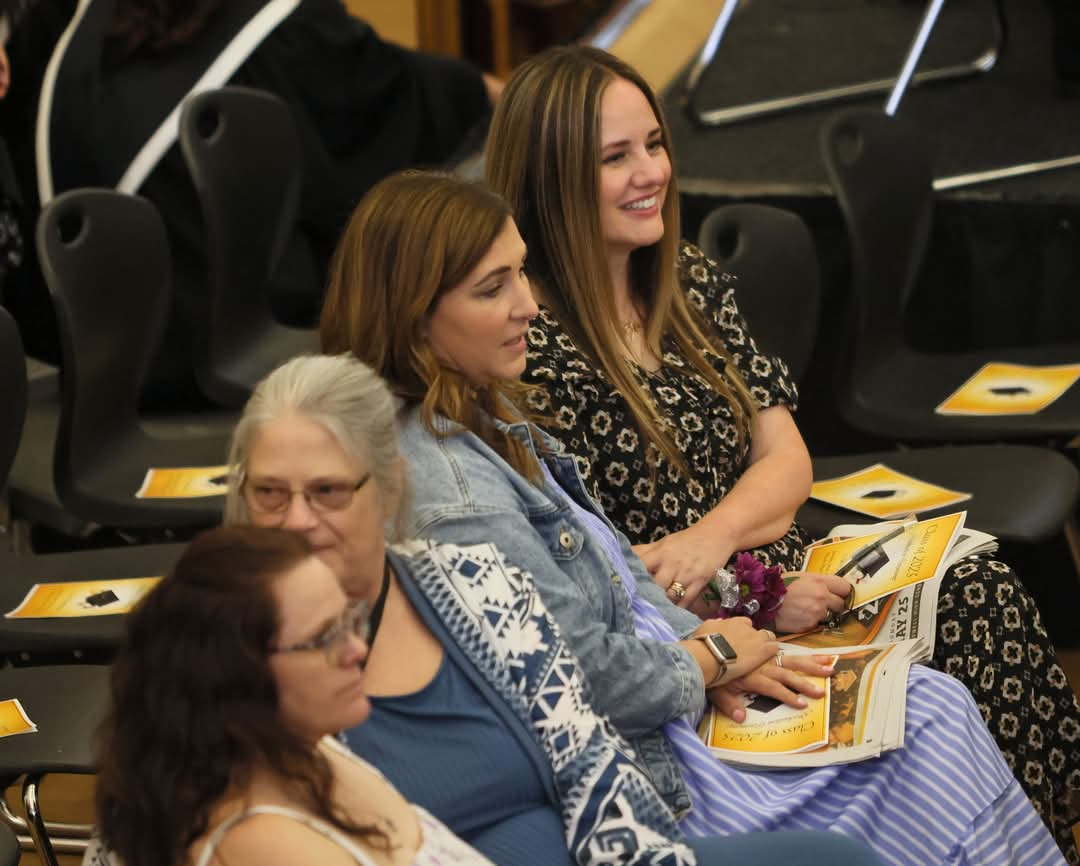
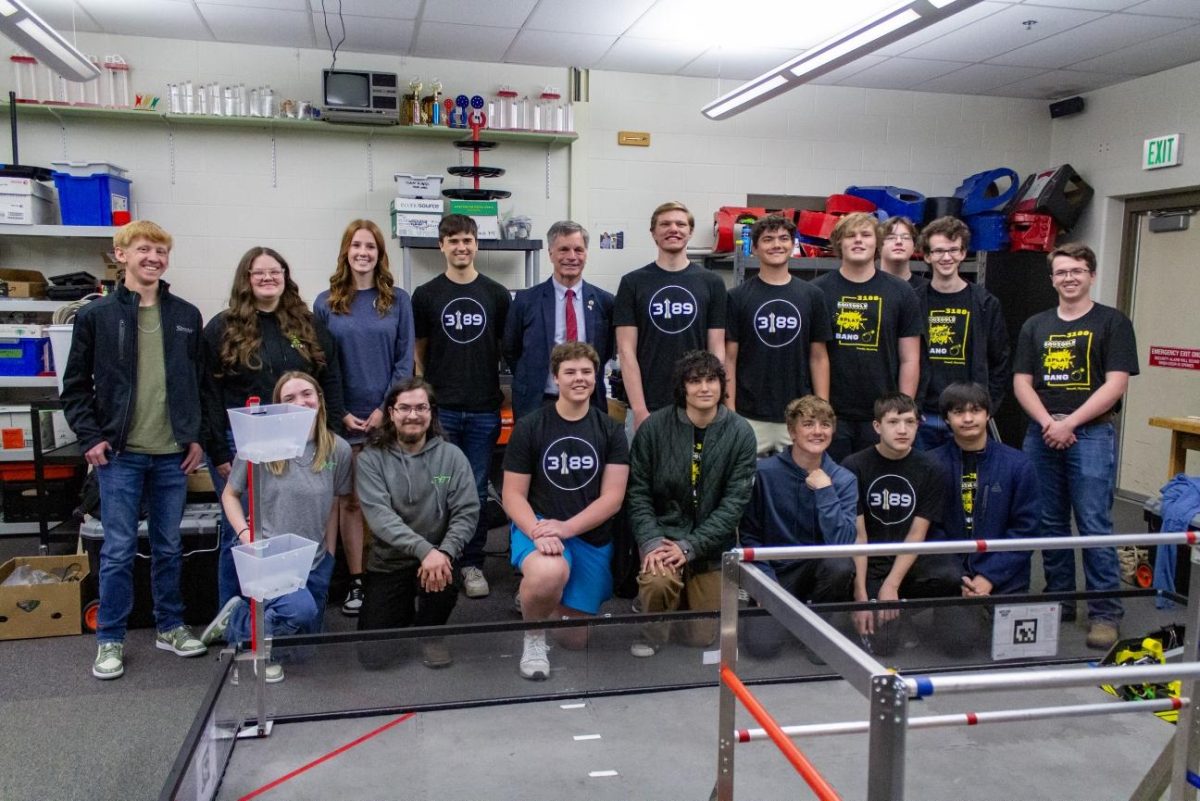
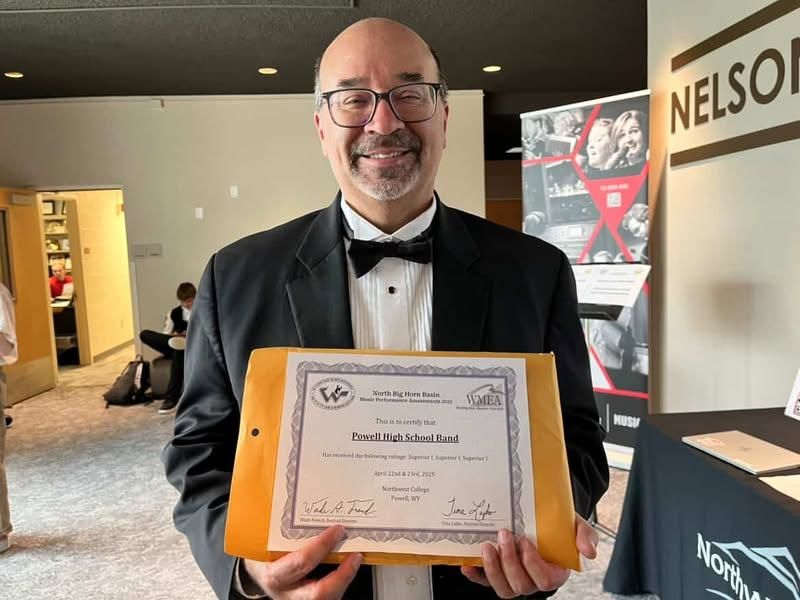
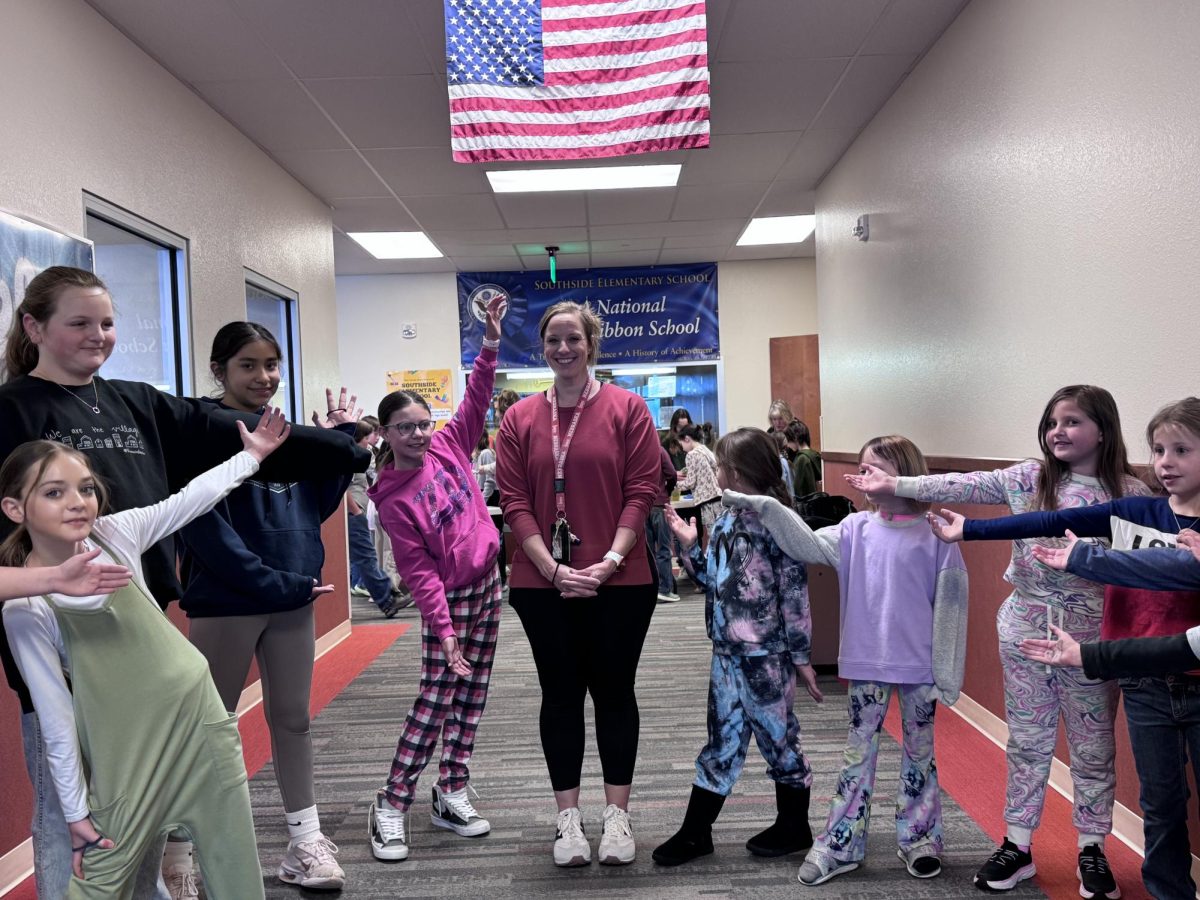
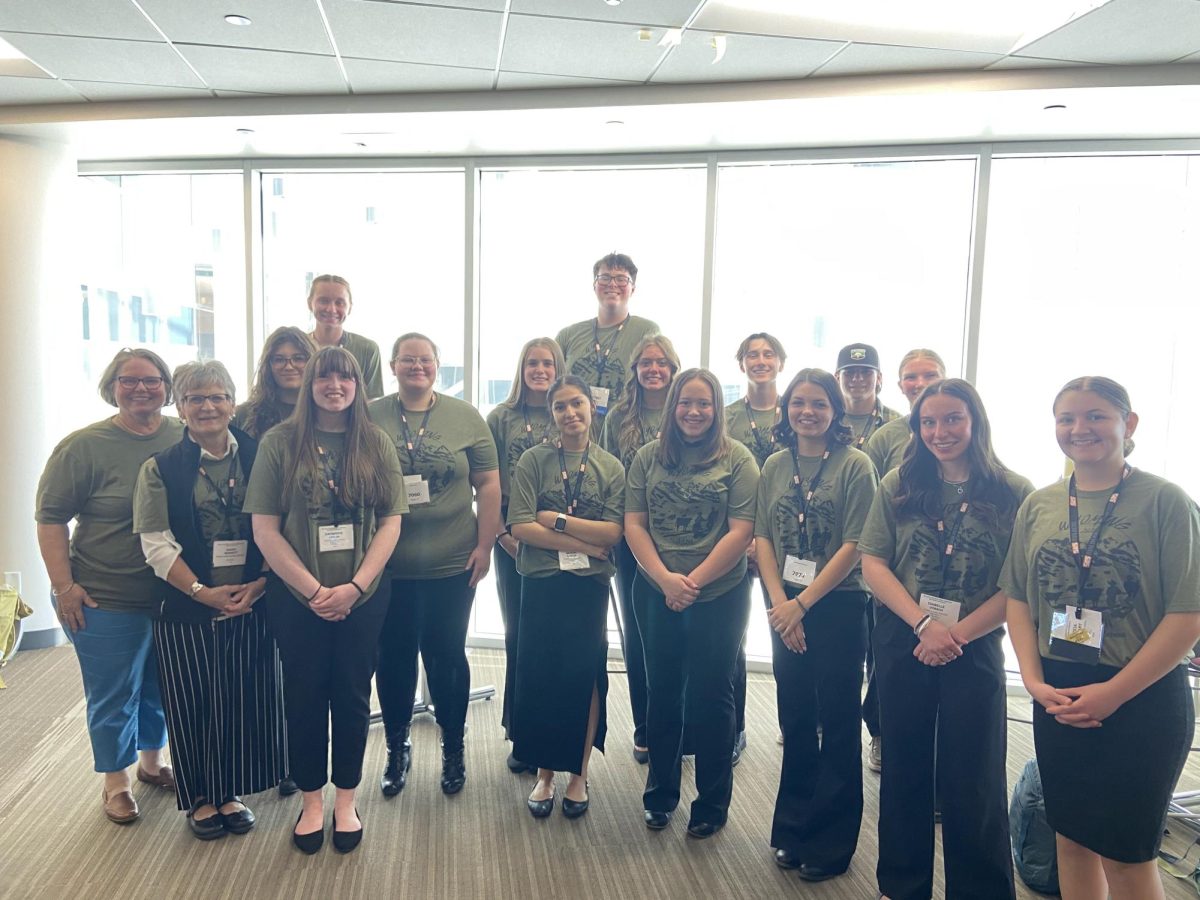
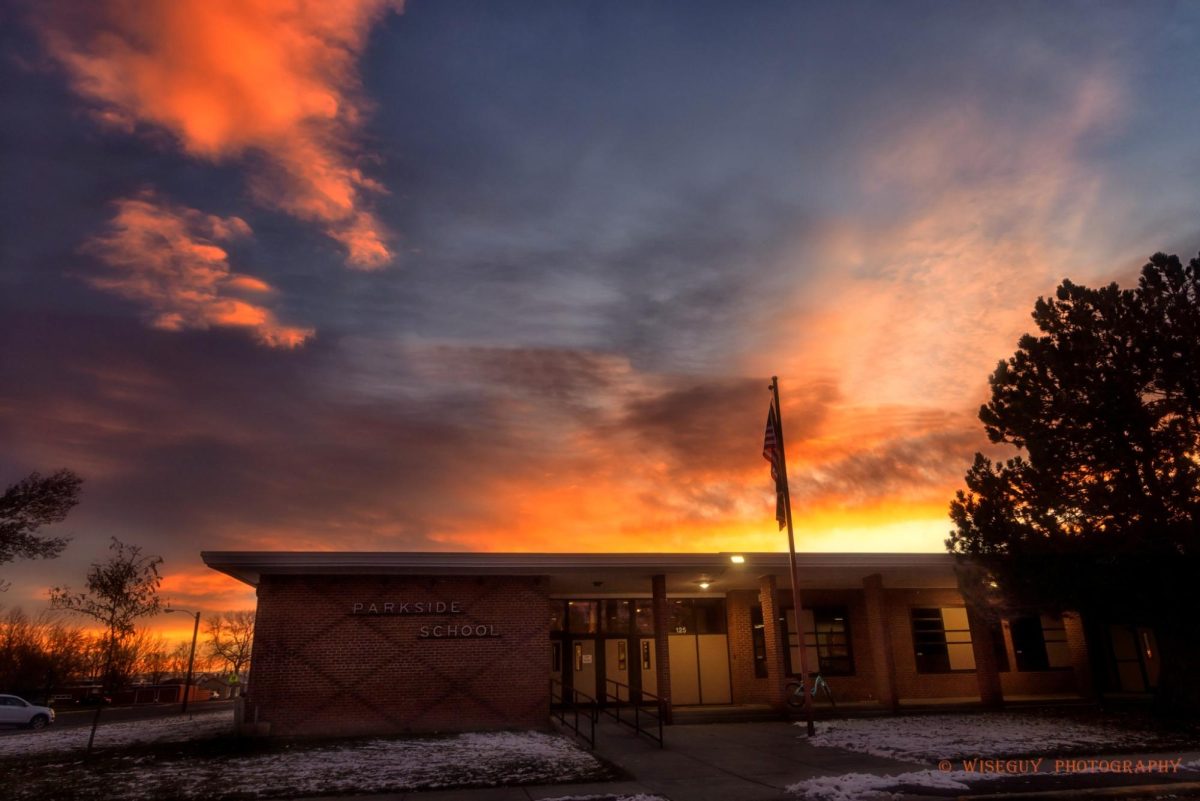
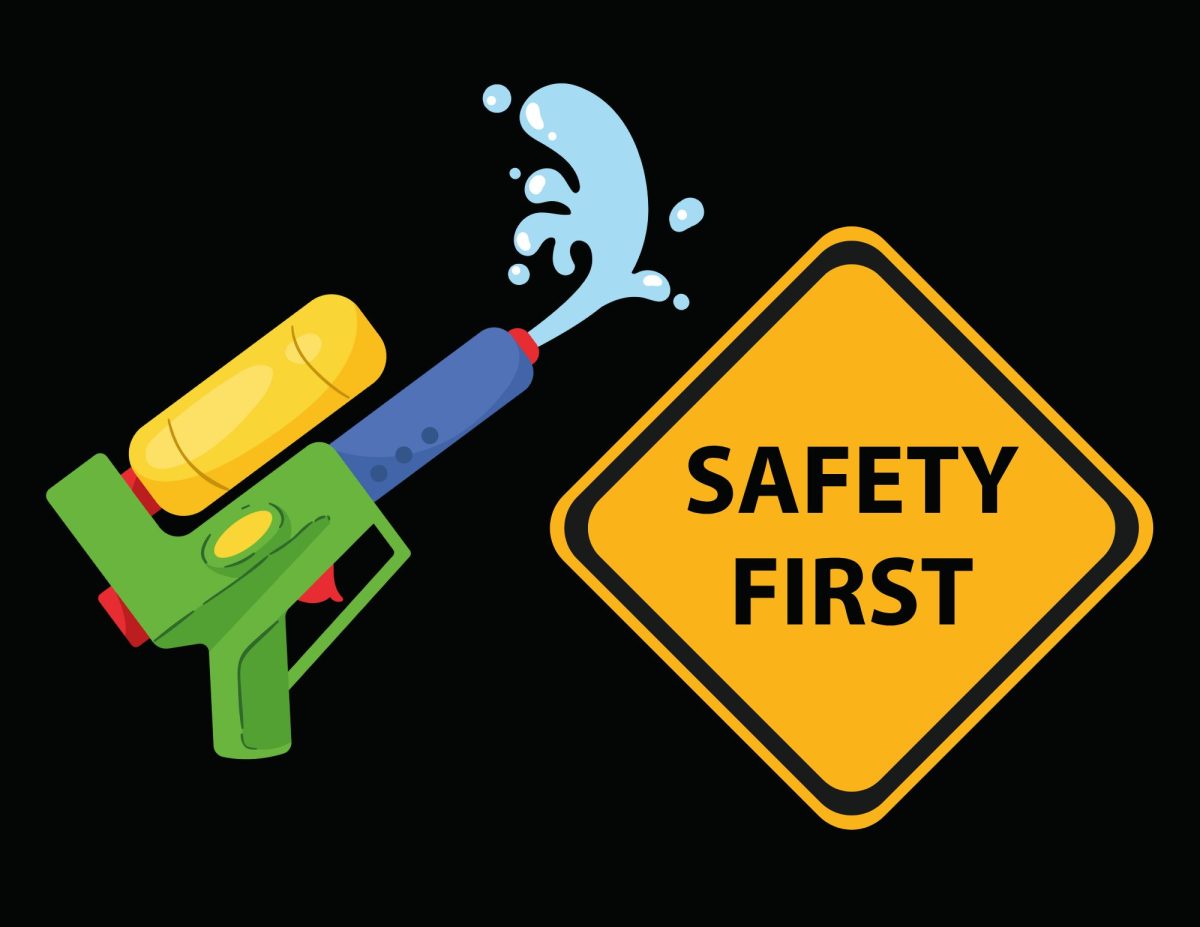
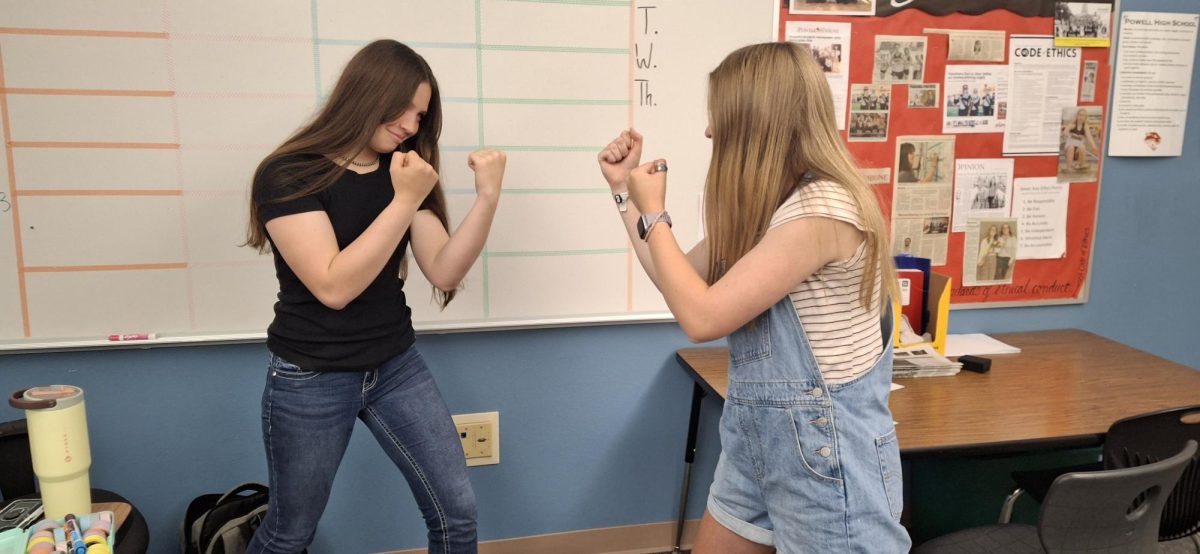

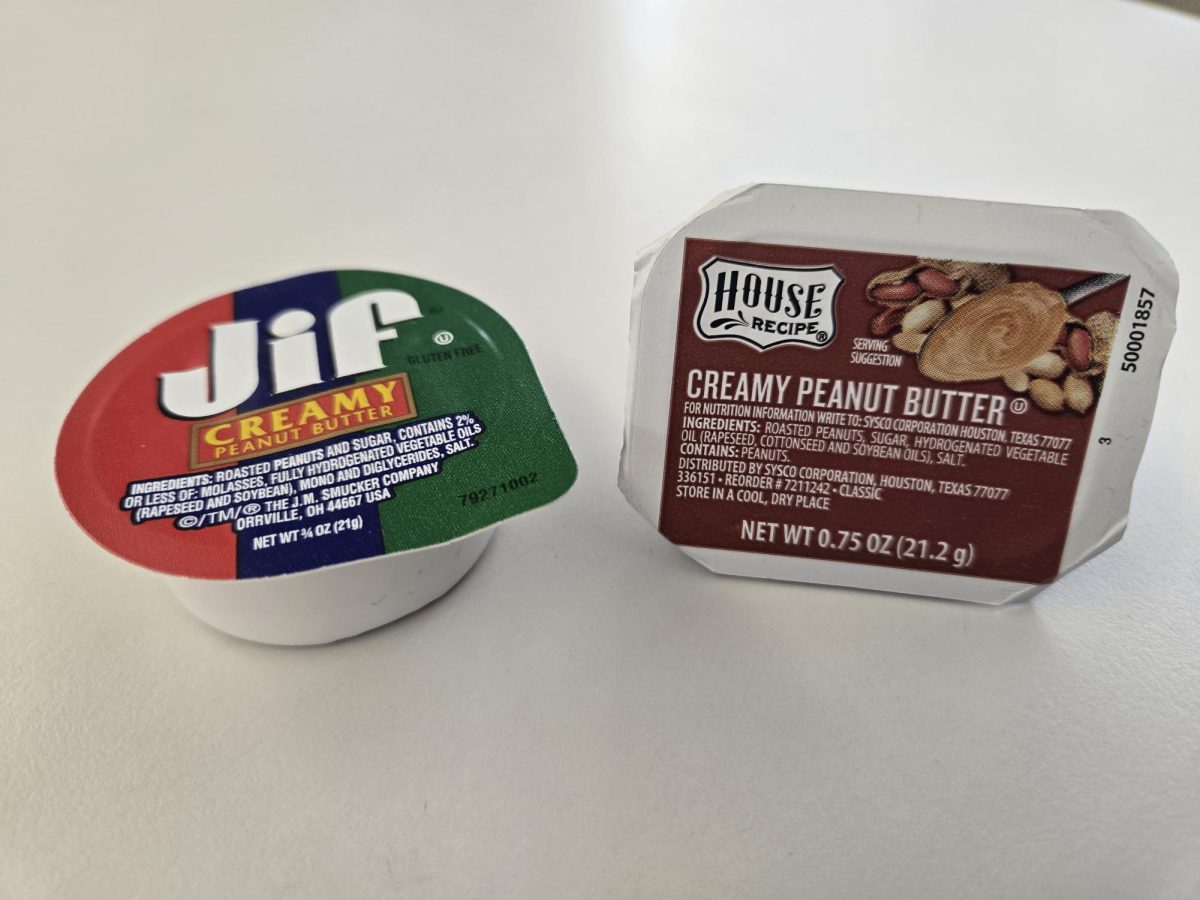

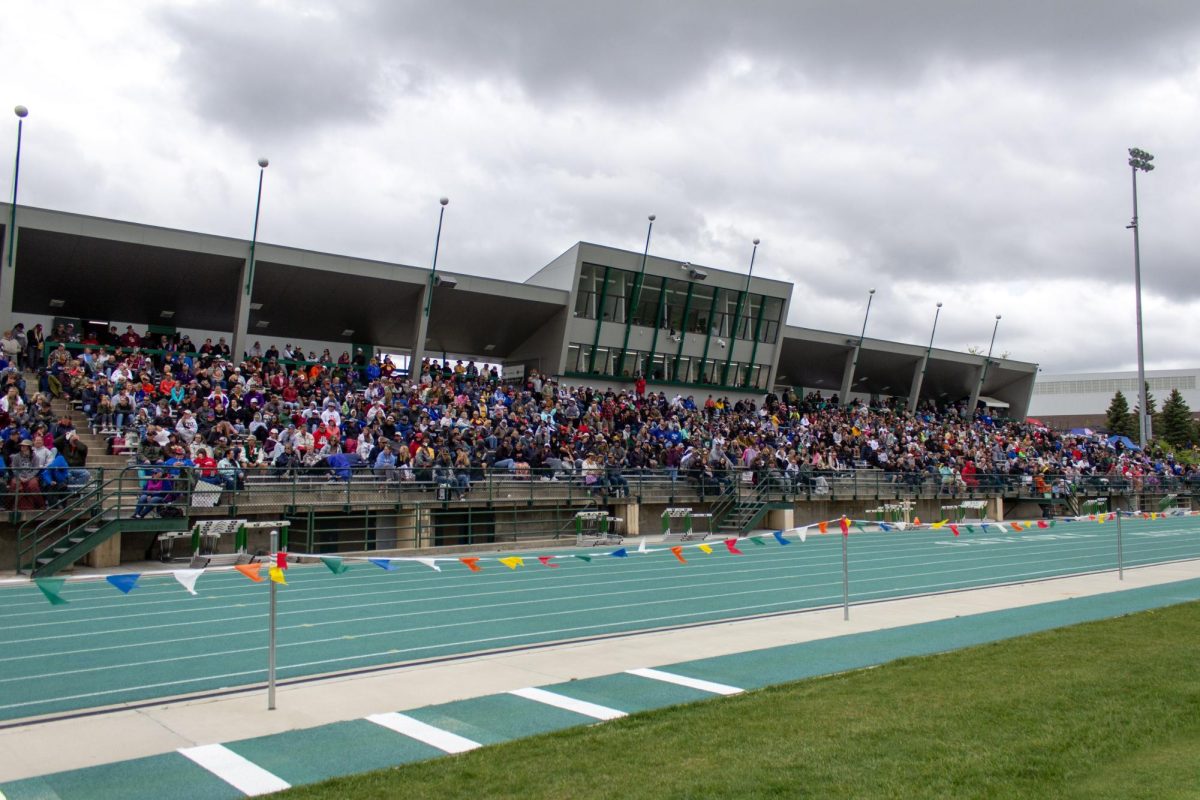
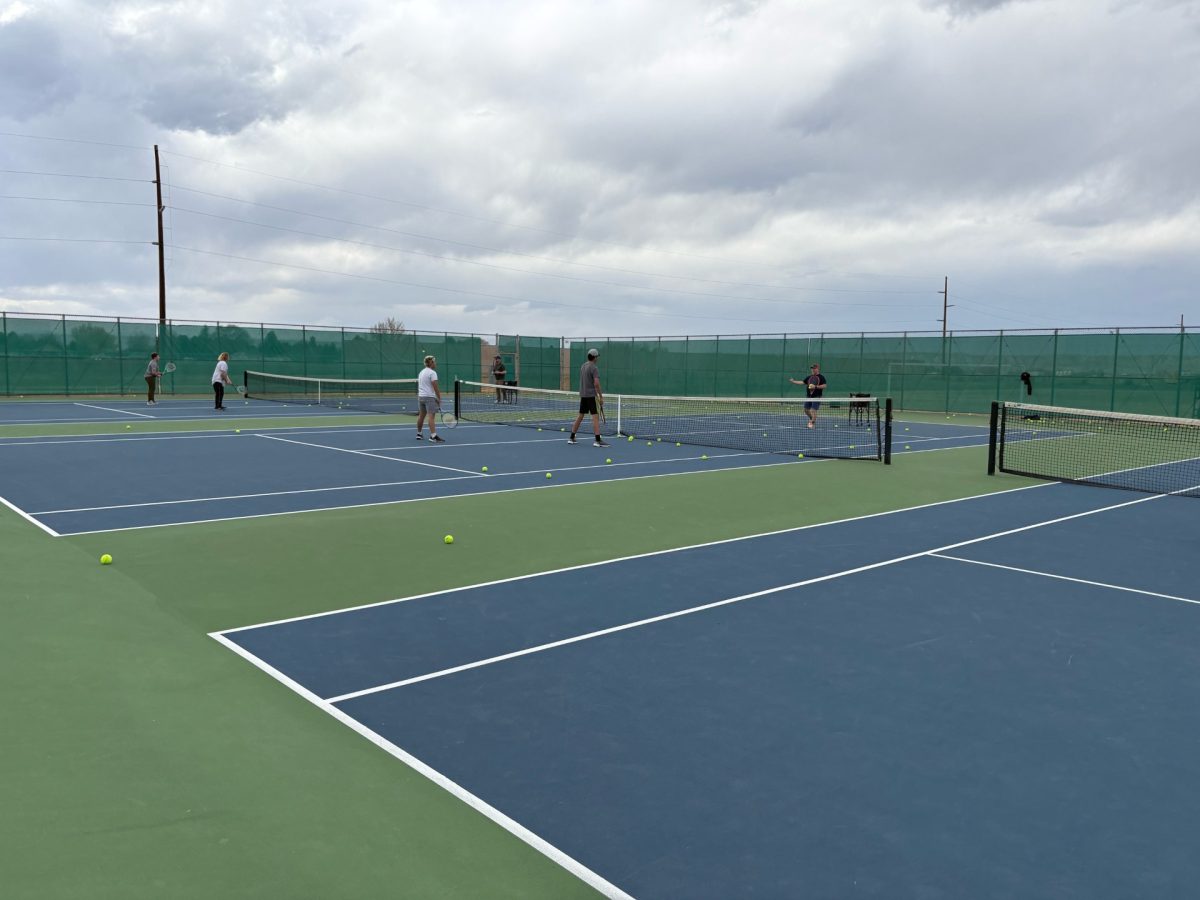
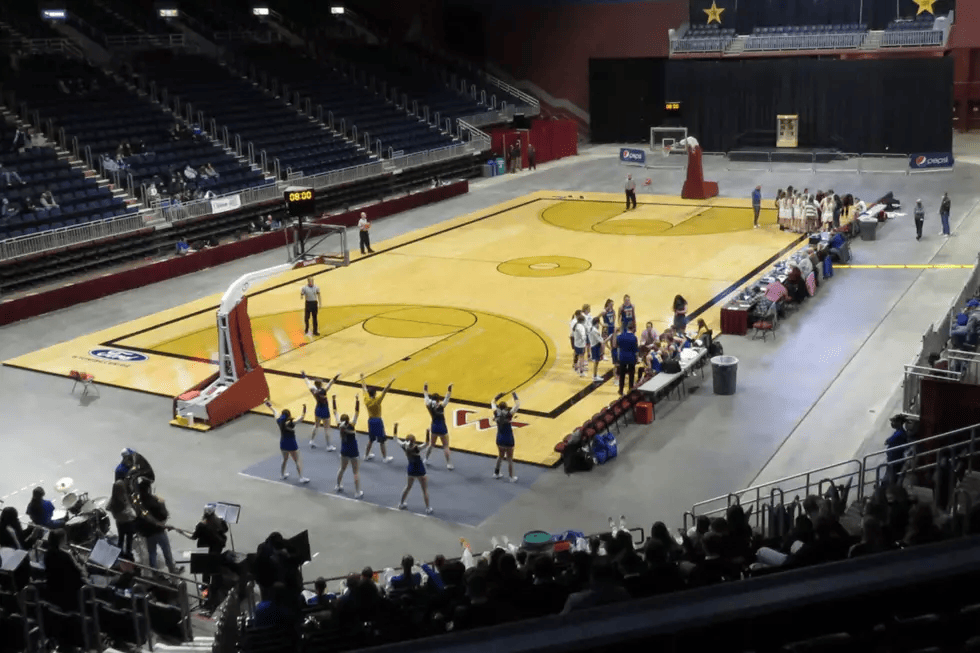
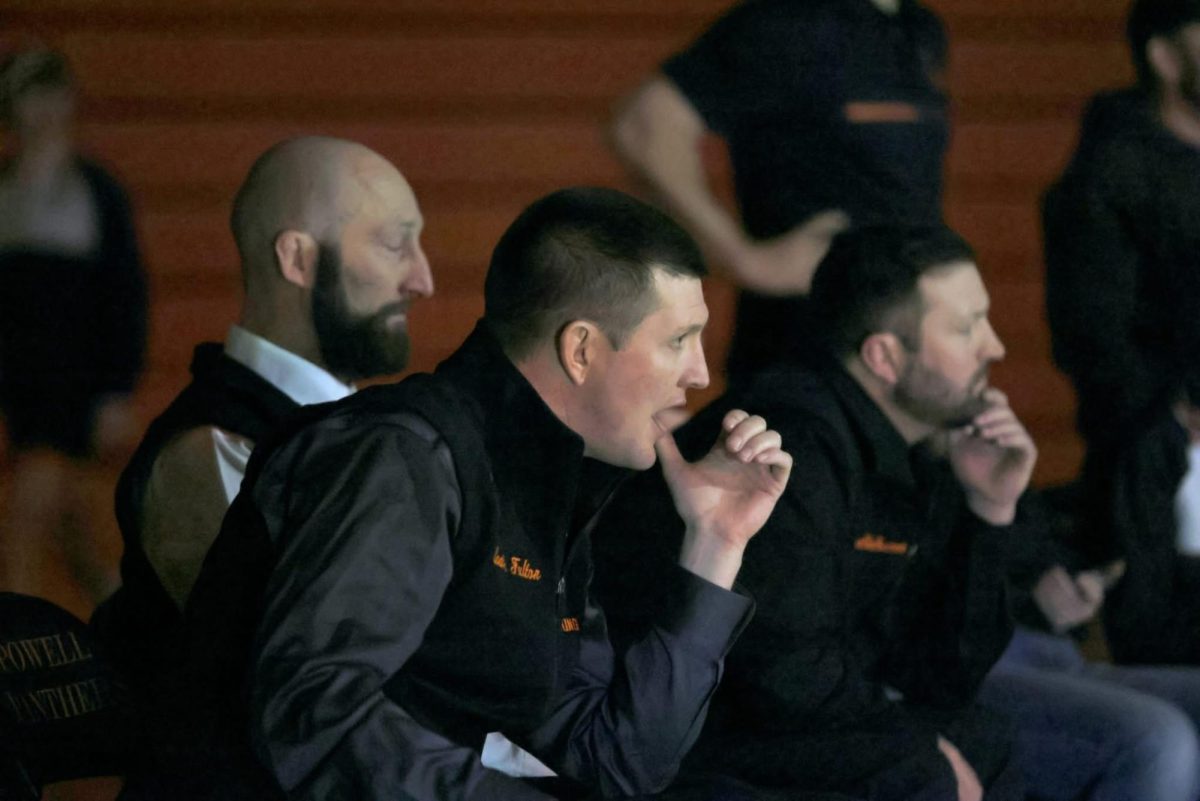
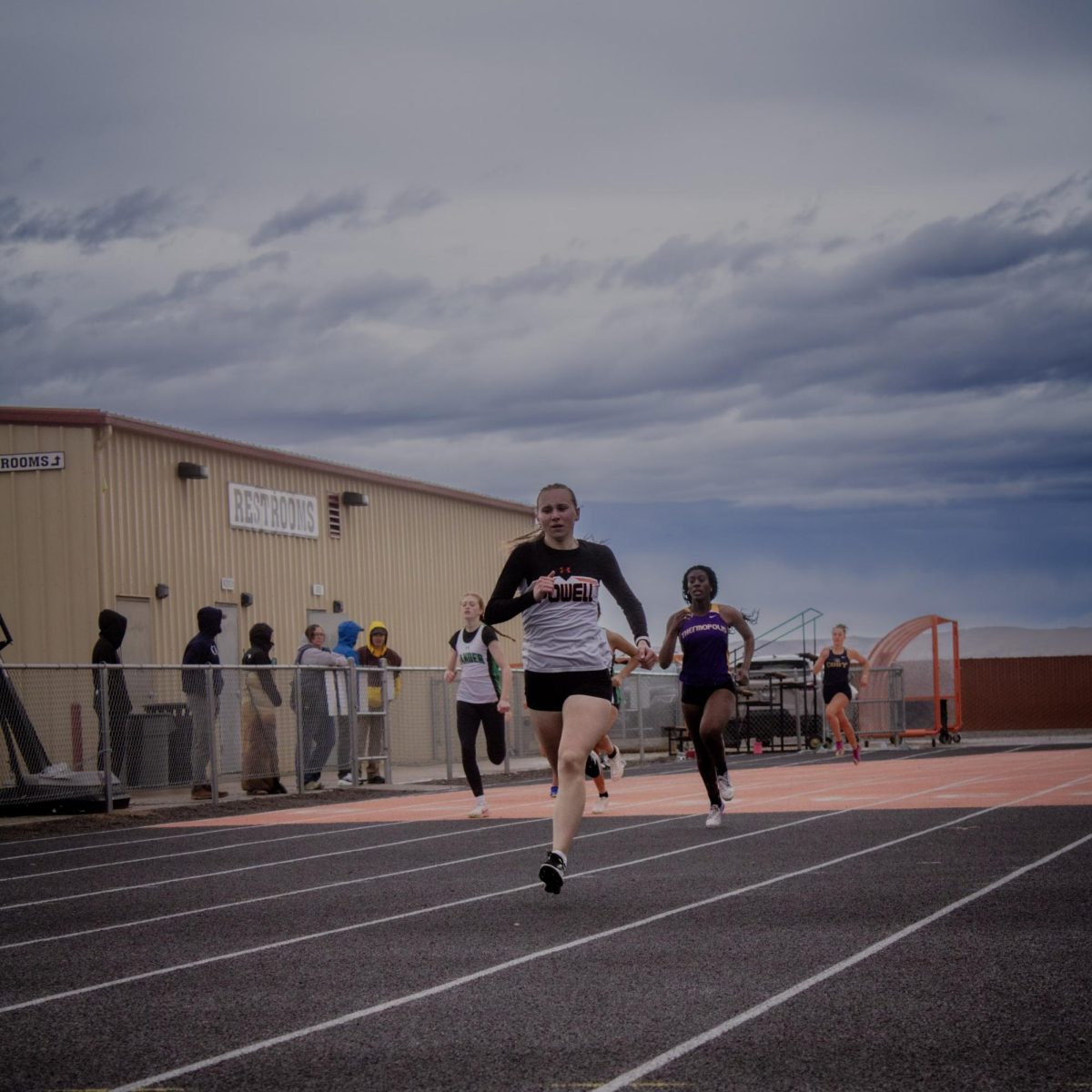
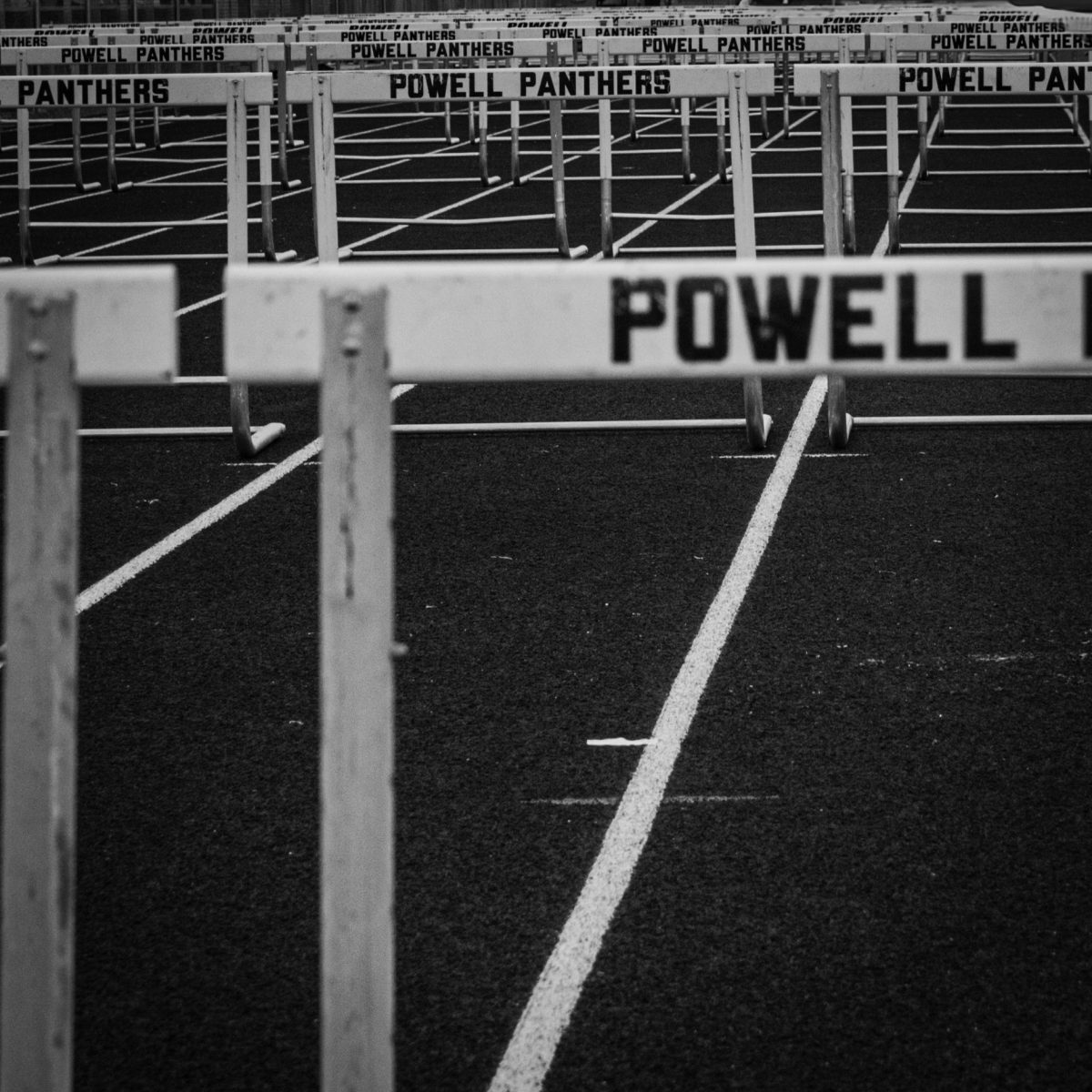
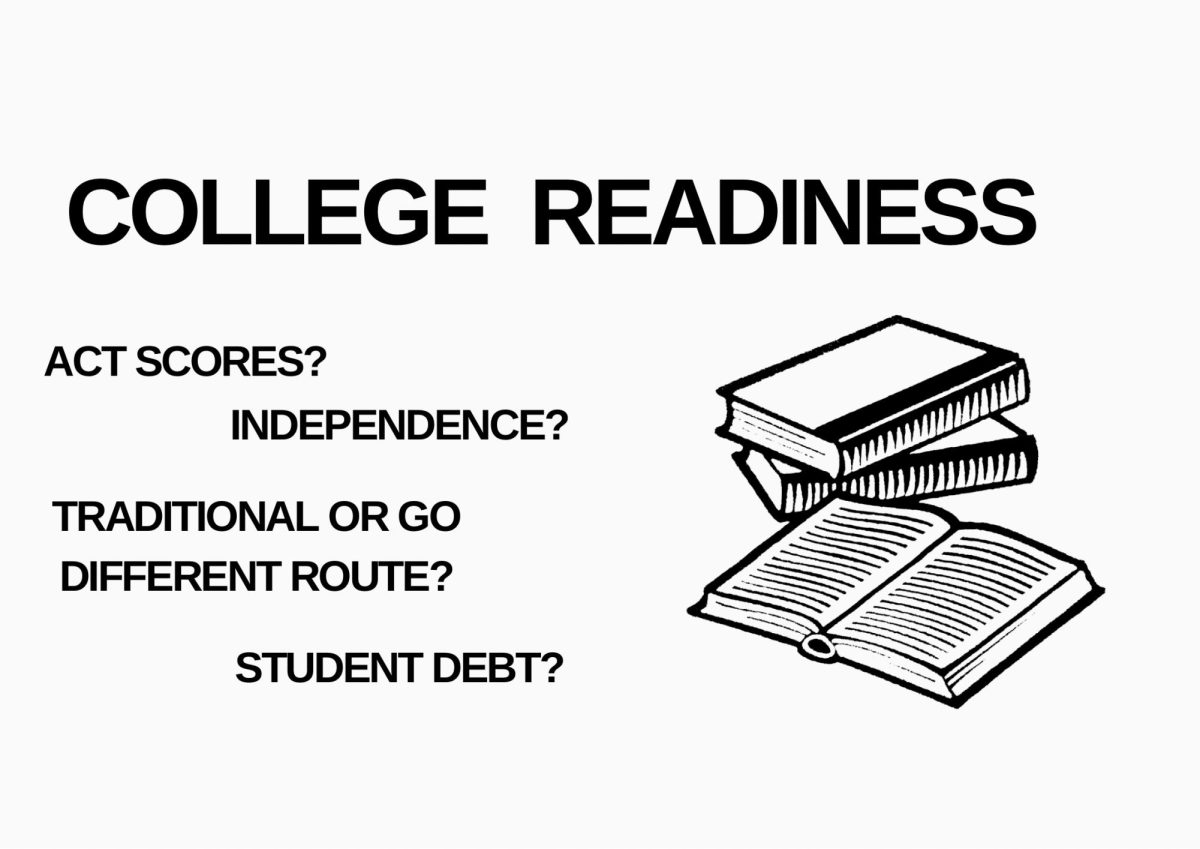
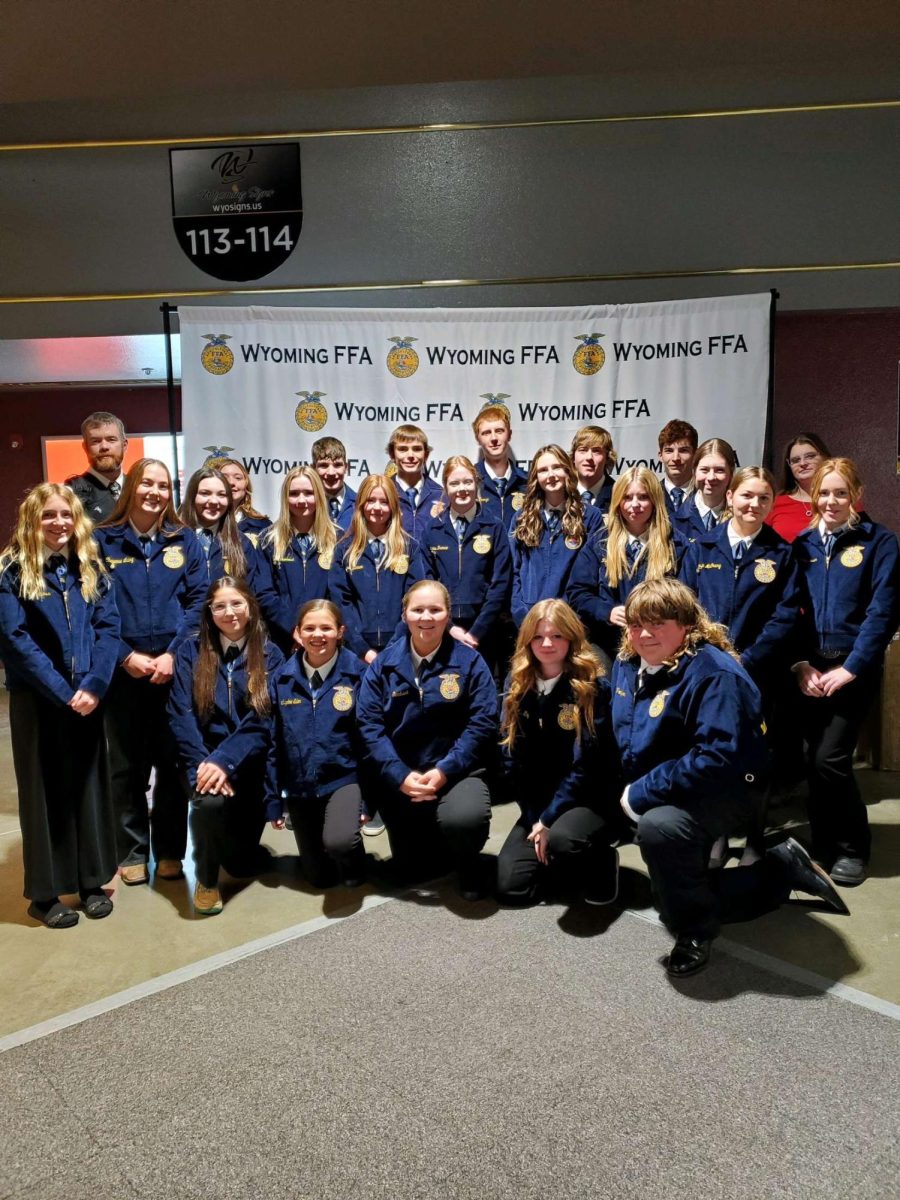
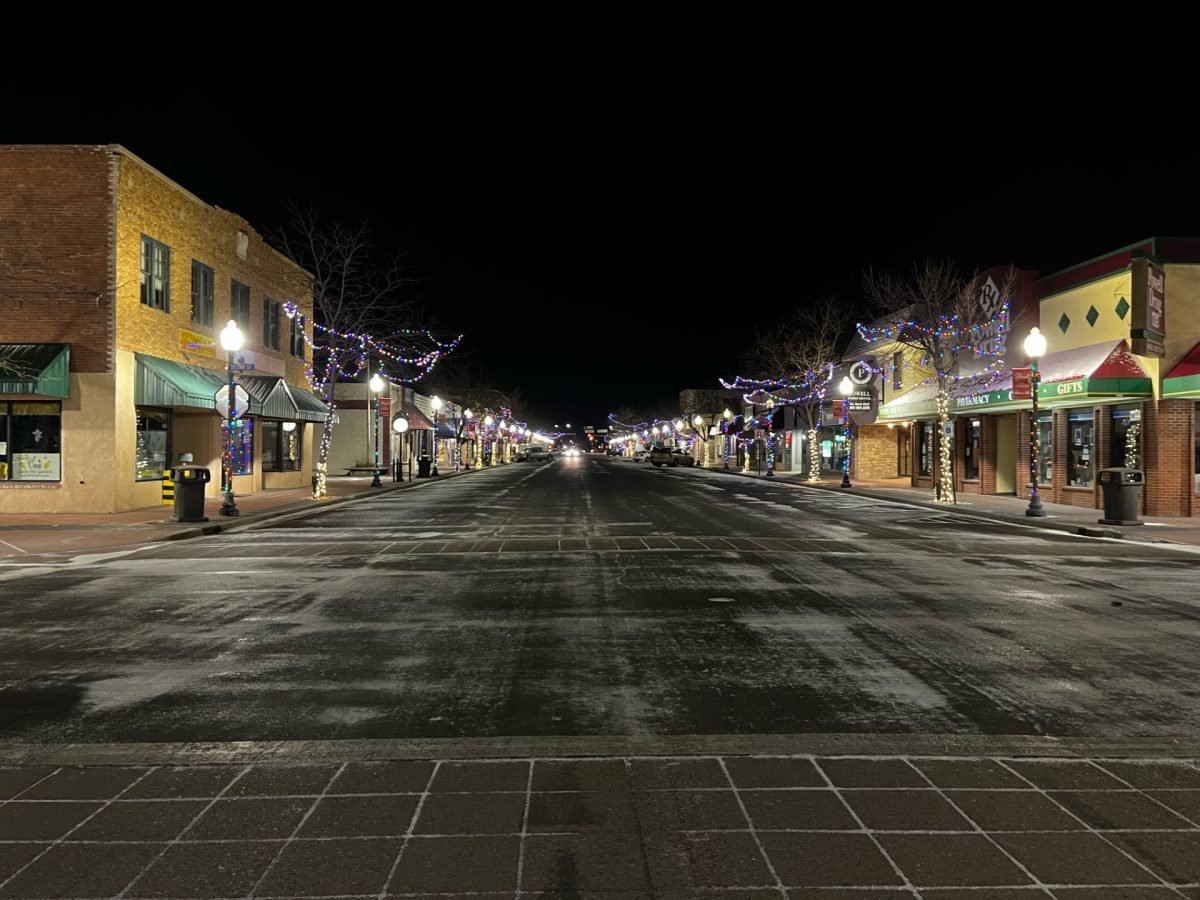
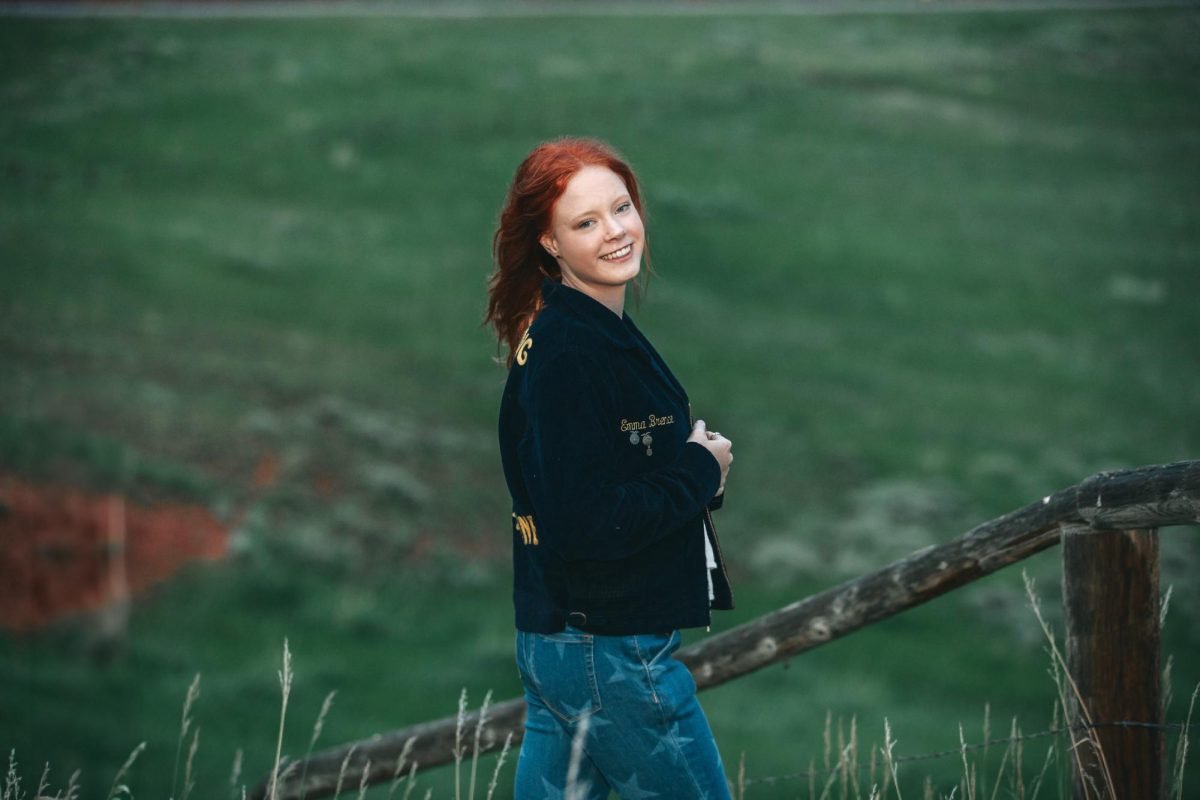
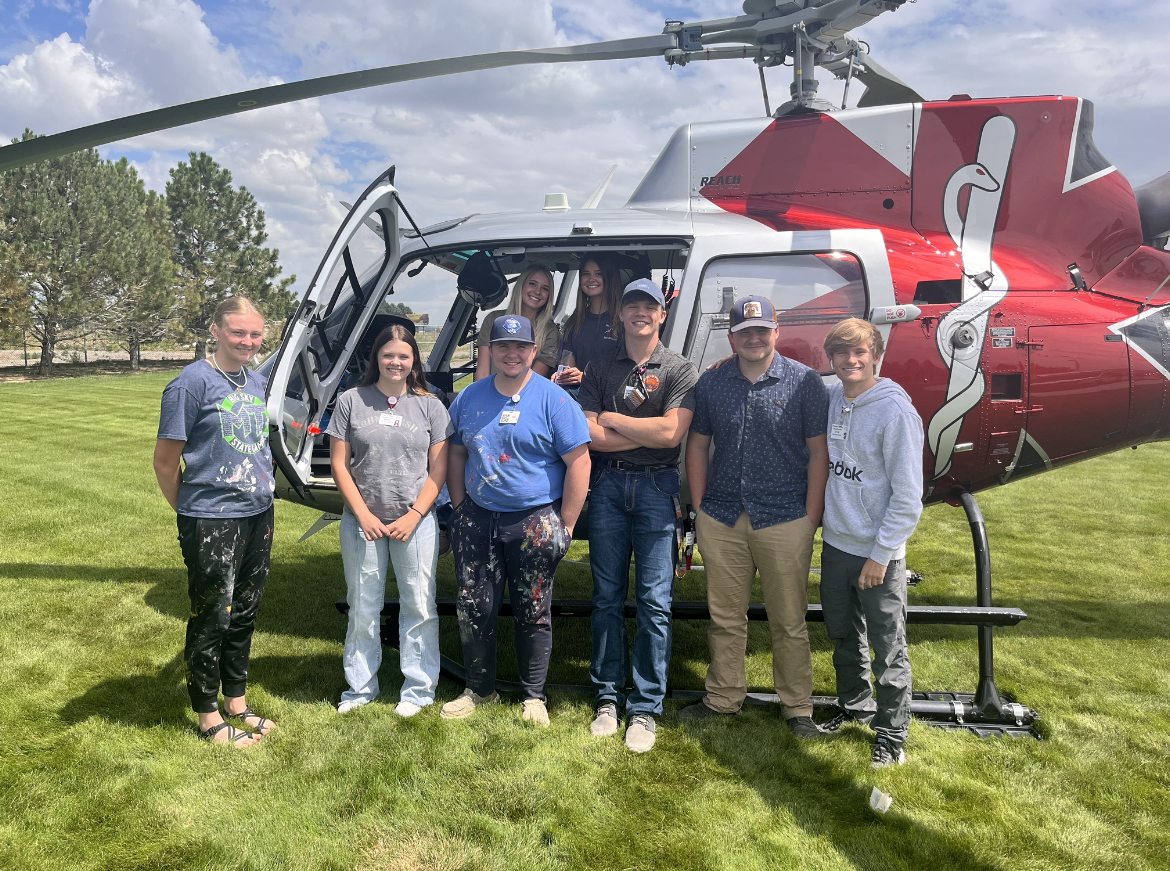
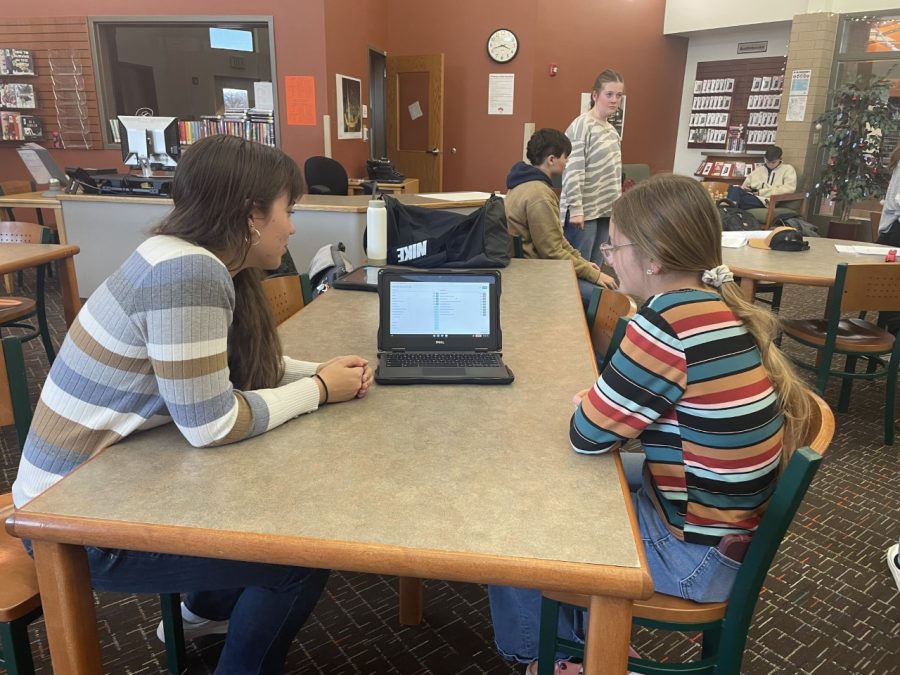



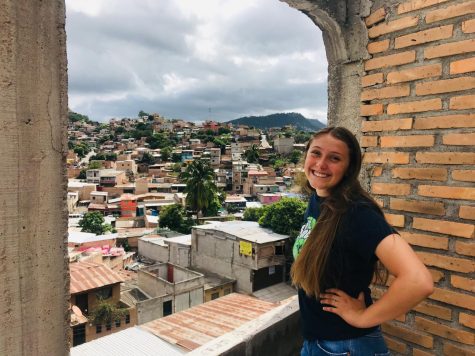
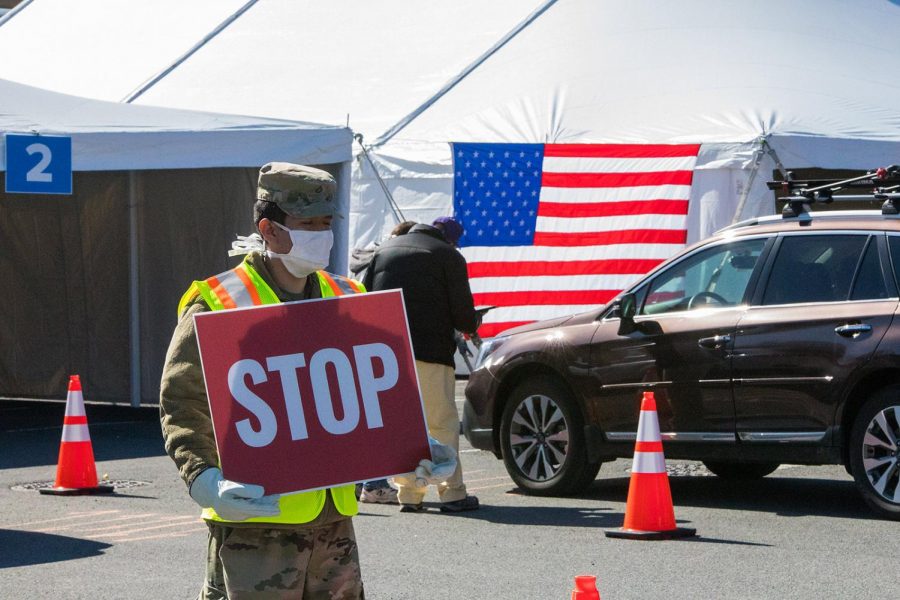
Dylan McMillan • May 7, 2020 at 12:19 pm
i agree that the quarantine is rightfully imposed. Although I do think many people are not following the rules and are the reason that the virus is spreading so rapidly. Wyoming has done a pretty good job of keeping it contained.
sarah gonzales • May 5, 2020 at 11:26 am
keep up the good work.
Vicki Dougherty • May 5, 2020 at 9:09 am
What a well-written intelligent article!